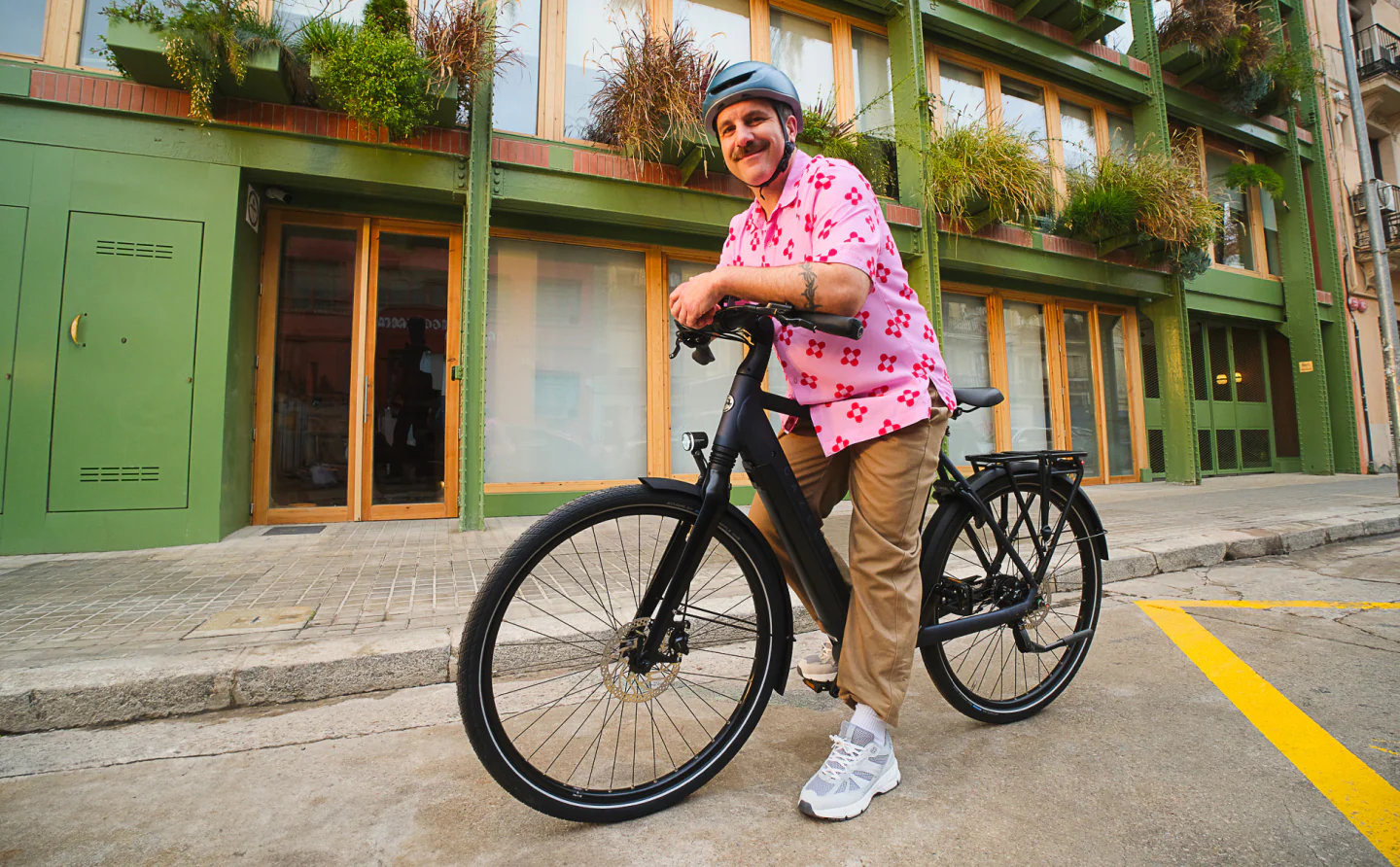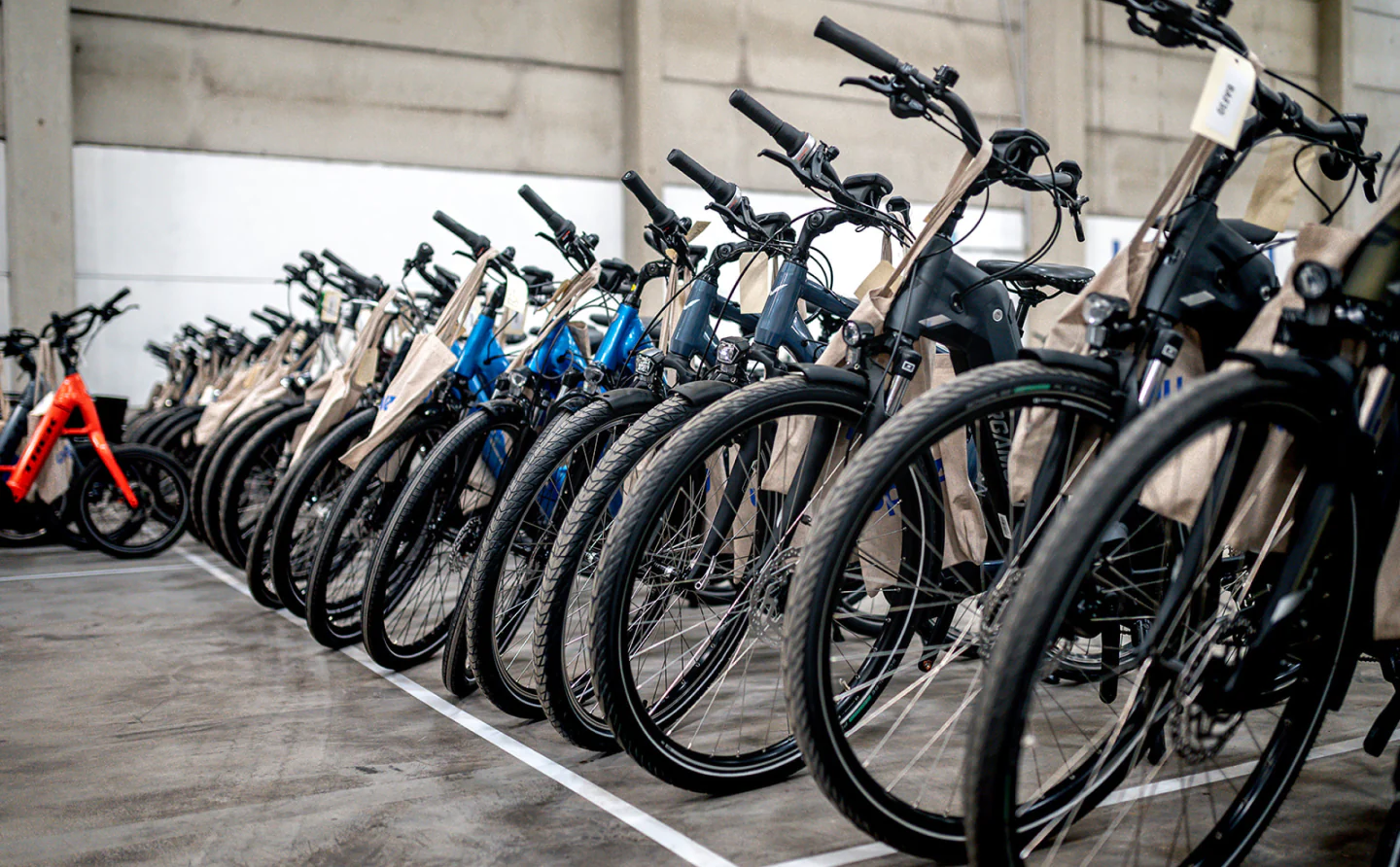Trees have always been crucial to our ecosystems. A single mature tree has historically absorbed over 48 pounds of carbon dioxide from the air each year while releasing oxygen for humans to breathe.
However, our climate crisis is changing that. Recent research suggests trees are absorbing practically no carbon anymore.
What's happening?
As the Guardian reported, researchers discovered that trees and soil absorbed nearly no carbon in 2023, the hottest year on record. Wildfires, droughts, and other climate-fueled disasters are weakening our environments and accelerating global temperatures.
It's a clear indication that nature can't keep up with our increasing demands, threatening public health and our air quality.
Beyond trees, our world's oceans, which used to absorb up to 90% of warming due to dirty energy, are also becoming less viable carbon sinks. The Guardian referenced zooplankton as an example, noting that melting sea ice has led to increased exposure to sunlight, meaning they spend less time collecting carbon at the surface.
Philippe Ciais, an author of a 2023 research paper on carbon sinks, wrote: "In the northern hemisphere, where you have more than half of CO2 uptake, we have seen a decline trend in absorption for eight years. There is no good reason to believe it will bounce back."
Watch now: Use every last drop of your favorite beauty products with this hack
Why is carbon absorption important?
This dramatic shift in carbon absorption means a natural process that regulates Earth's climate is failing.
In the past, humankind has relied on trees, land, and oceans as carbon sinks and stores to offset the pollution we put into the environment. However, with natural carbon absorption declining and extreme weather events becoming more common, the future of our planet feels more uncertain than ever.
"We're seeing cracks in the resilience of the Earth's systems," said Johan Rockström, director of the Potsdam Institute for Climate Impact Research. "We're seeing massive cracks on land — terrestrial ecosystems are losing their carbon store and carbon uptake capacity, but the oceans are also showing signs of instability. Nature has so far balanced our abuse. This is coming to an end."
 Do you think America does a good job of protecting its natural beauty?
Do you think America does a good job of protecting its natural beauty?
 Definitely
Definitely 
 Only in some areas
Only in some areas 
 No way
No way 
 I'm not sure
I'm not sure 
 Click your choice to see results and speak your mind
Click your choice to see results and speak your mind
While prior research predicted land and ocean carbon absorption would decrease over 100 or more years, these new findings suggest it could occur much quicker. The Guardian noted that, at present, the Congo basin is the only tropical rainforest that absorbs more carbon dioxide than it releases.
TCD Picks » Upway Spotlight

What's being done about natural carbon absorption?
It is challenging to predict how natural carbon sinks will change. However, researchers are committed to closing gaps in our understanding of how carbon flows across land and through the ocean.
Since nature can no longer keep up with the harmful carbon pollution humans create, it is up to us to drastically reduce our waste and alter our energy production to achieve long-term balance.
To address this issue, start with yourself and your daily habits.
Consider switching from a gas-powered car to an electric vehicle and choosing low-impact travel options. Easy switches like upcycling old clothes, eating more plant-based foods, and updating inefficient appliances could go a long way if we all commit to positive, sustainable changes.
Join our free newsletter for good news and useful tips, and don't miss this cool list of easy ways to help yourself while helping the planet.














